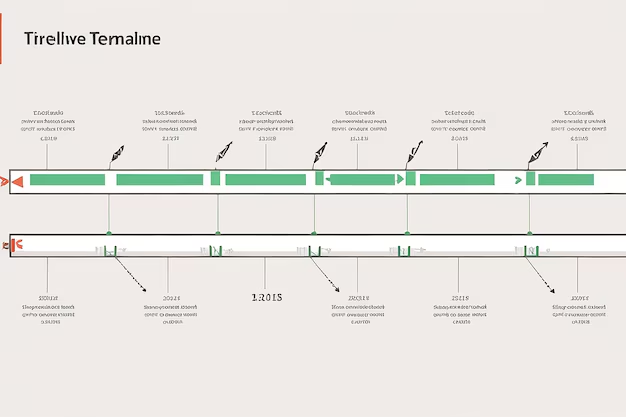Pathway to Becoming a Gastroenterologist: Degrees and Certifications
Becoming a gastroenterologist is a remarkable journey that demands a substantial commitment to education and training. To start, aspiring gastroenterologists must complete a bachelor's degree, which typically takes four years. Following this, the crucial step is enrolling in a medical school to earn an MD (Doctor of Medicine) or DO (Doctor of Osteopathy) degree, a rigorous endeavor that also spans four years. After medical school, a three-year residency in internal medicine is required, providing intensive skill-building and foundational knowledge in patient care. The final step is a gastroenterology fellowship, a specialized training program lasting 2-3 years, where doctors gain expertise in diagnosing and treating digestive system disorders. Alongside formal education, obtaining board certification from the American Board of Internal Medicine (ABIM) in gastroenterology is highly recommended, affirming one's proficiency and commitment to the field.
Those captivated by the prospects of gastroenterology will find that while the path is lengthy, the preparation is thorough and rewarding. With the specialized knowledge and expertise that comes from each degree, certification, and fellowship, gastroenterologists are well-equipped to make significant contributions to patient care and medical science.
Educational Path to Gastroenterology:
- 🎓 Bachelor's Degree - 4 years
- 🏥 Medical School (MD or DO) - 4 years
- 🩺 Internal Medicine Residency - 3 years
- 🔬 Gastroenterology Fellowship - 2-3 years
- 📜 Board Certification in Gastroenterology (ABIM) - Recommended
This structured journey ensures that aspiring gastroenterologists receive the comprehensive training necessary for handling a wide range of digestive health issues, paving the way for a fulfilling career in medicine.
